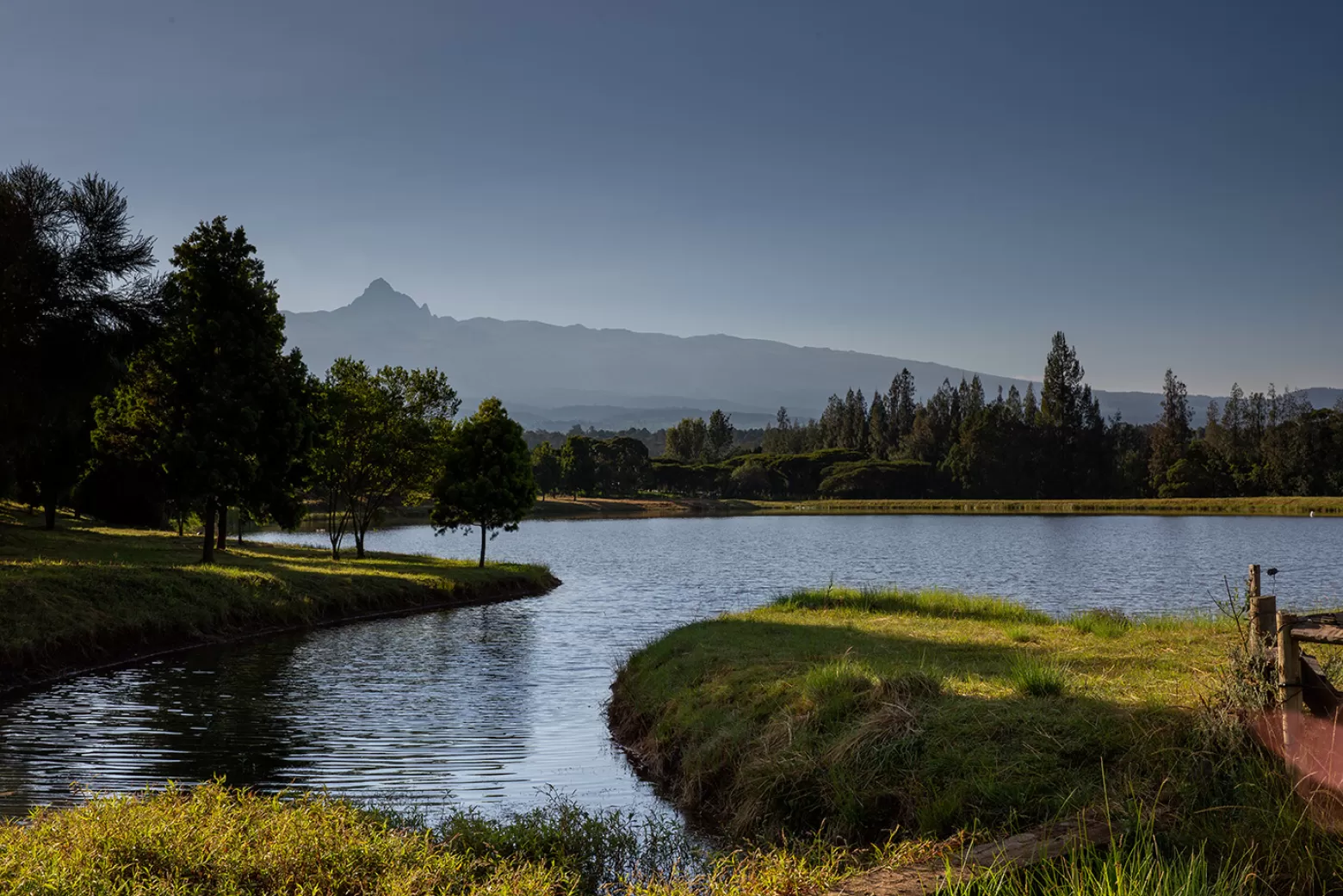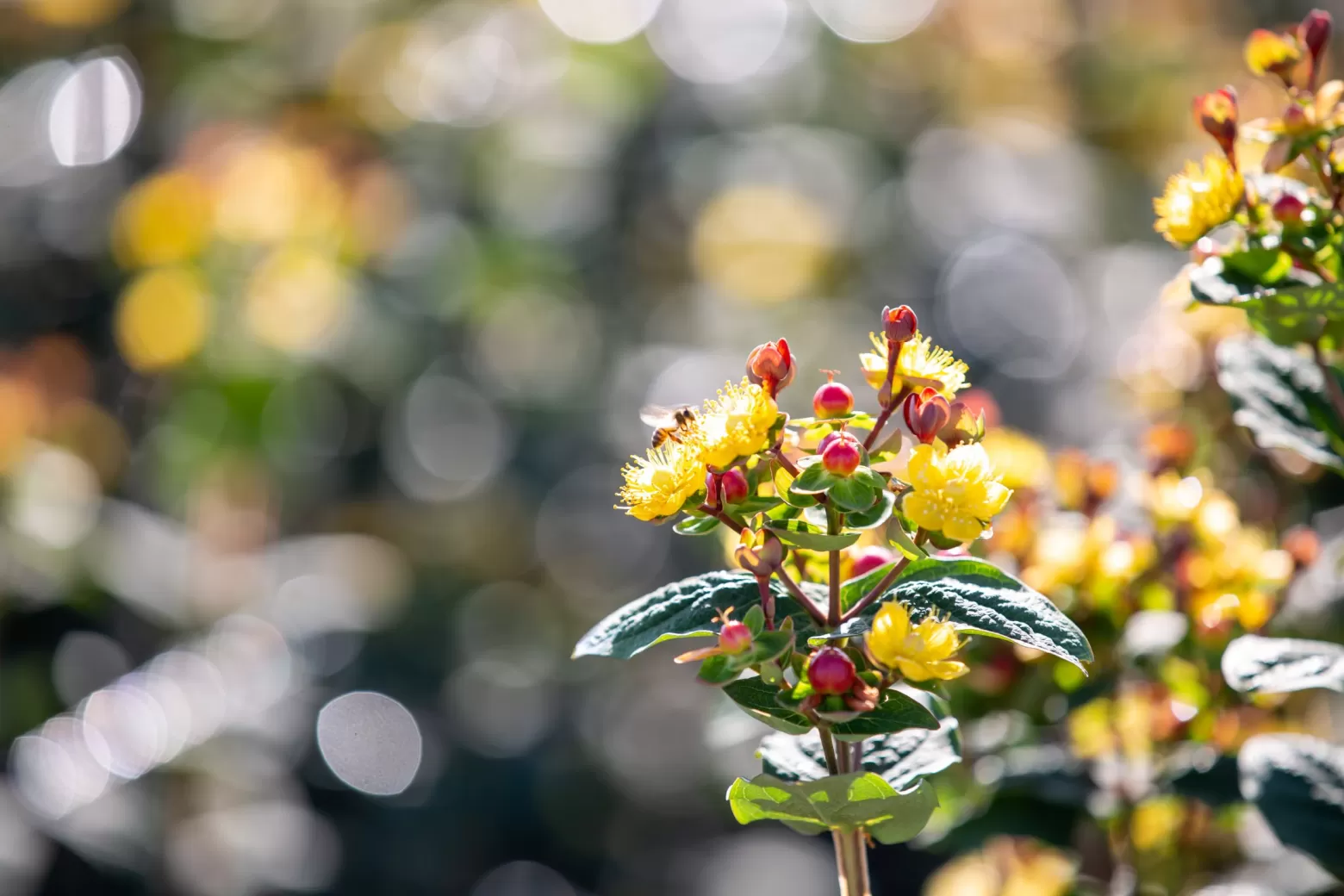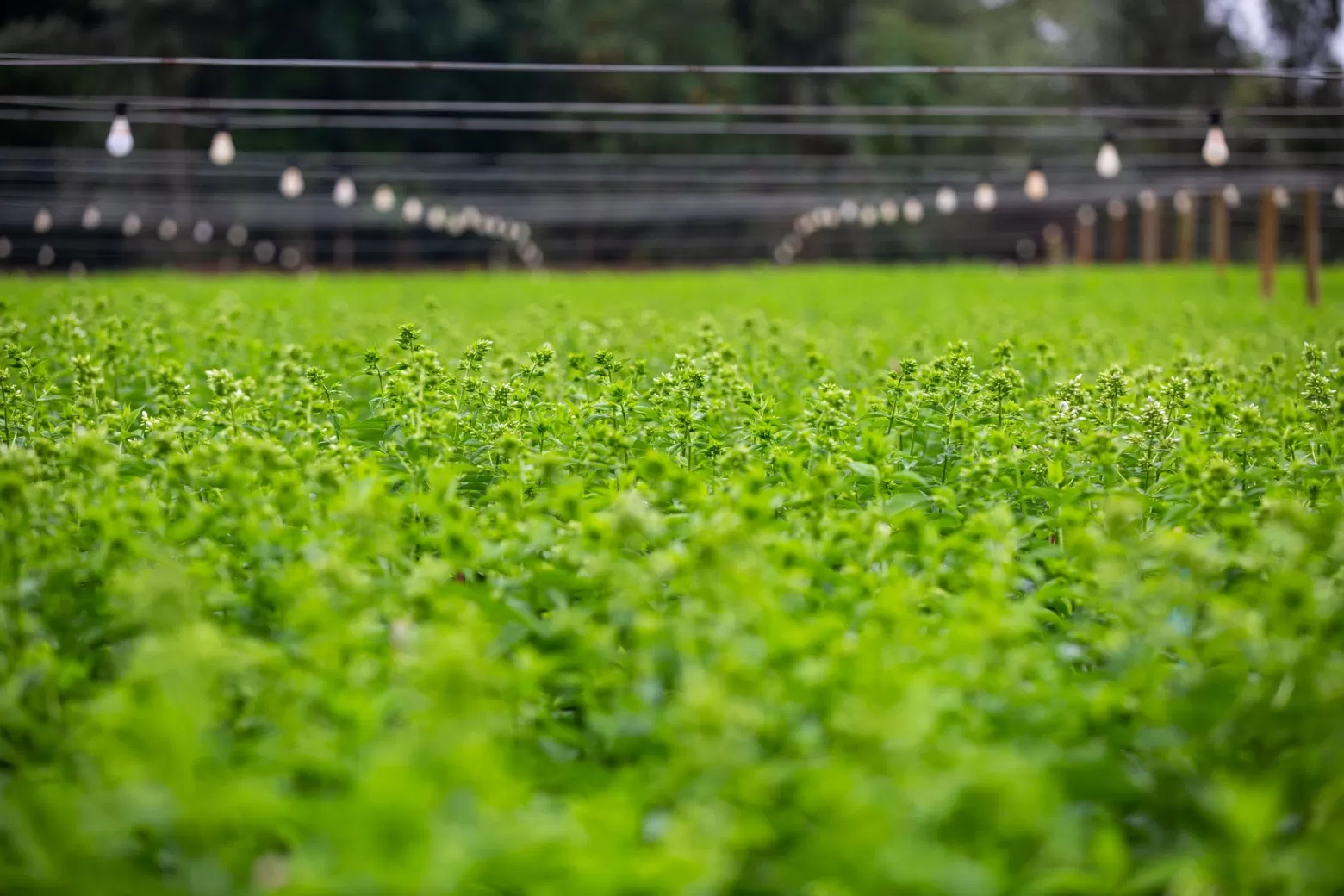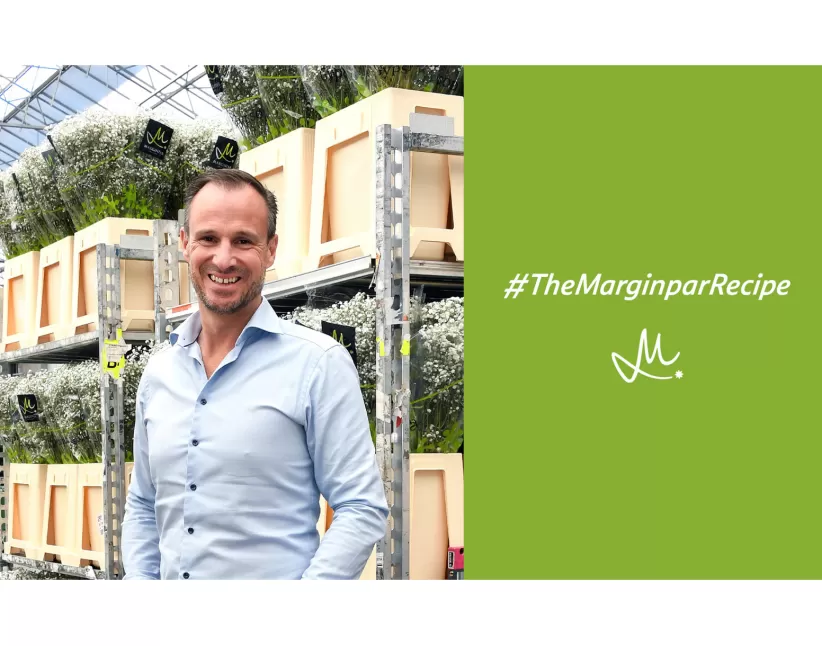
Embracing innovation with Sebastian Chambers
The Marginpar Recipe #4
Sebastian Chambers (41), Innovation Projects Consultant, is a mechanical engineer. His role is to look at big innovation projects in the company: new water reservoirs, irrigation systems, infrastructure, energy reduction & generation, solar power, biodegradable sleeves or even eradicating use of sleeves all together… “The practical stuff.” He is often to be found at the Marginpar headquarters in Nanyuki, Kenya, which is part of one of our largest farms; Bondet. There, he tests most of his innovative ideas before the successful ones are implemented at all farms.

Sustainability
A large part of his work is dedicated to sustainability. Sebastian: “I think sustainability is important for anyone. We must leave the world a better place than where we started. In addition to this intrinsic motivation to do better, we expect the market will demand more sustainable practices in the near future. We tick a lot of boxes already because we employ a lot of people in African rural areas but there are always ways to improve long term sustainability of for instance water, energy and pest control.”
Saving water by 40%
“With regards to energy use, we are looking for ways to reduce consumption and to generate our own. Solar energy is especially useful for pumping and refrigeration because this is mainly done during the day, when the sun is out. At the moment, a lot of farms rely on boreholes for irrigation. We want to reduce that. To save the energy now used to pump this water from the ground, we need to catch more rainwater. This is also a good practice for the earth in general because it can prevent flooding and puts less pressure on the aquifers.
”We store the water in lagoons, so we don’t interfere with the flow of rivers.
We are also looking at ways to reduce water use. A great example is the use of Aquachecks; a probe goes in the ground about 40 cm deep and measures how deep down the irrigation water is going. This way we can keep the water where the roots are and know when to stop watering. This has shown to save about 40% water.”

Drone pest control
We are also concerned about preservation of ecosystems and are looking for ways to decrease our use of pesticides. Sebastian: “We can ‘spot spray’, meaning that we only spray the particular areas that are actually affected by a pest, as small as 1 m2. We also use pest-specific and organic products and insects as natural enemies of certain pests. Plus, we are trying something new: a drone that detects and identifies pests and kills bad pests without any chemicals. Harmless insects are left alone. We need those, to pollinate the Hypericum for example. Our farms have a lot of bees.”

DXP: an allrounder
One of his other main projects at the moment is DXP. Sebastian: “We are creating a digital platform that has all our information on it, for each step of the process. For the production side, it is about providing information about what crops grow on what plots, and what crops grew on what plots last year; about what yields we got etc. This enables the farm management to make better decisions for the current crops. On the sales side, DXP is going to help in the transition from push to pull because it will provide better forecasts. It is a challenge to design a platform that is workable for people who have little experience with computers. We are therefore constantly asking for their feedback. It is a lengthy process, but we want to do it right.”
Looking ahead with Artificial Intelligence
So, forecasting is important for the sales department and our clients. How is it done? Sebastian: “We are currently testing the use of artificial intelligence to assist us here. We have cameras overhead the plots which take photos every 10 minutes and learn how the crop grows and what it looks like in each stage. Then, when the flowers are harvested it can calculate how far away each phase is from harvest. This data will then also be incorporated in DXP, providing the sales department with an accurate forecast for the coming weeks.

Exciting job
Sebastian’s enthusiasm is contagious. Sebastian: “My job is very varied; no day is the same. Solving problems makes me happy and that is exactly what I do. I can explore new ideas, which sometimes don’t work out, but when a project starts to go right, it is so exciting. Then we can move on to the next one, and to the next one. We have lots of new ideas!
”The best part of the job is the people I work with.
We can talk about all sorts of things and together we come up with so many ideas. Even though work can be quite challenging sometimes, if you work with people you like then that is more than you can hope for.”
Next time
The continuous search for new products: how we work together with breeders to succesfully expand our product range. This article appeared on LinkedIn first. Follow #TheMarginparRecipe and don't miss a thing.



